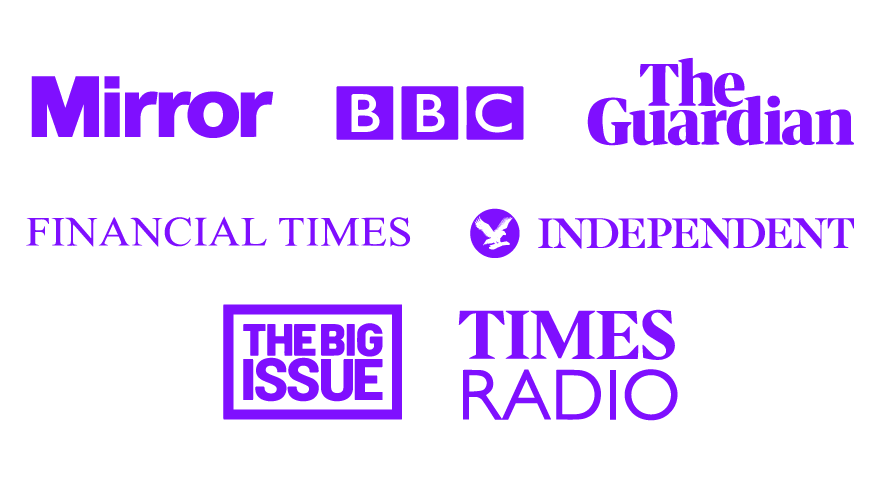Image credit: Hannah Miller, UCUs
Just over a year ago I switched sectors moving from funded researcher to a research manager, or poacher to gamekeeper as a colleague quipped on my first day. My first task on joining JRF was to take over managing a study led by Dr Ruth Patrick, part of the COVID-19 Realities team. This participatory research project examined claimants’ experiences of the roll-out of Universal Credit (UC) in Northern Ireland. I quickly learnt a lot about managing participatory research. Top of the list is that flexibility is key.
Funding participatory research
Successful participatory research requires a flexible approach to funding. It involves covering costs not routinely included in funding applications. The UC in Northern Ireland team conducted the study pre-pandemic. They brought people physically together to share their experience and expertise. To facilitate this, the research team needed a budget to remove barriers to participation. Participants’ needs varied from the cost of a taxi to the venue to reimbursement of childcare costs.
If we were to commission the project now, we would reflect upon barriers to online participation. The APLE Collective recently highlighted the digital exclusion faced by low-income groups. We might need to provide funds for equipment, cover the costs of data or Wi-Fi or pay for technical support.
The research team needed to recognise participants’ contributions. There are challenges here, particularly when working with people receiving social security benefits. Funders need to work with research teams to decide on the most appropriate form of payment. This is usually a voucher rather than cash. They also need to agree a level which thanks people for participating but is not intended to pay them directly for time spent working on a project.
Participatory projects require funding to create a space where people felt comfortable working together. This often involves sharing food and drink. For the UC in Northern Ireland project, a well-known pizza chain proved to be particularly popular! But it can also involve bringing in people with creative skills to capture the group’s experiences. JRF covered the costs of bringing in a graphic designer and an illustrator (Hati Illustrations). They worked with the group to produce a leaflet capturing the group’s journeys through UC. As the illustrator put it in a recent blog, her drawings became “their voices”.
Embracing the benefits of participatory research
Funders also need to be flexible in relation to project milestones. It is easy to underestimate the time needed to do participatory research. It requires an incredible amount of attention to detail to make sure participants are clear about their contribution. Once up and running, providing support is time-consuming but crucial. Research teams need to invest time making sure all the practical arrangements are in place. Funders need to recognise this when approving project costs. Crucially, they also need to be aware that projects may not always proceed as planned.
Flexibility is not just about accommodating delays. It is also about allowing the participants to make key decisions about what they want to achieve. The decision to produce a leaflet in the UC study came from the group. The research team had not included it in their original proposal. A rigid approach to project management doesn’t allow research teams to embrace the potential of participatory research.
Funders can benefit enormously from commissioning participatory research. For example, JRF has been able to draw upon the credible evidence the UC research provided, and the grounded policy solutions developed. We have included these in our responses to government consultations. We’ve also benefited from an ongoing relationship with UC: Us, a group which arose out of the project.
As a research manager, supporting participatory research involves more than managing a contract. It requires working closely with the research team to address the practical, ethical, and methodological challenges participatory research presents whilst taking advantage of the opportunities it offers. Flexibility is key to this.
Bio:
Dr Emma Wincup is based in the Evidence and Impact team at the Joseph Rowntree Foundation and has specific responsibility for qualitative research projects. Her role involves commissioning and managing external projects, alongside developing JRF’s expertise in qualitative research.


